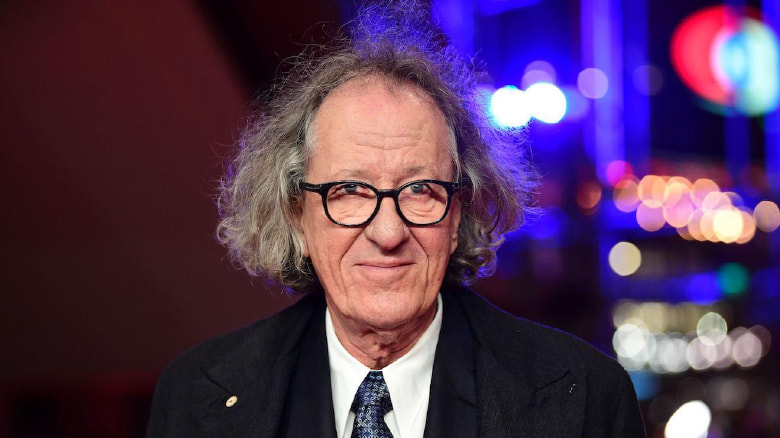 Geoffrey Rush - Tobias Schwartz-AFP-Getty Images
Geoffrey Rush - Tobias Schwartz-AFP-Getty Images Abusers must be punished, and victims deserve their privacy. But the ability to answer charges is a fundamental right.
The Weekly Standard
11:46 AM, DEC 07, 2017 | By ETHAN EPSTEIN
The adjectives “Orwellian” and “Kafkaesque” (but, curiously, never Orwellesque or Kafkian) are some of the most overused and abused in the English language. They’re oft employed, one suspects, by those with hazy memories of paging through the Cliffs Notes of 1984 or The Hunger Artist a couple of decades ago.
But occasionally the comparisons are apt. Such as when people seem to be living through the literal plot of a Kafka novel.
Consider the case of Australian actor Geoffrey Rush. The Academy Award winner appeared in a Sydney production of King Lear in 2015 and 2016, to much acclaim.
But just recently, a complaint was lodged against Rush dating back to that performance. It is alleged by someone—we don’t know who, as the accusation has not been made public—that he behaved “inappropriately” at some point during the course of the production. But not unlike Joseph K. in The Trial, Rush claims he has no idea what he is actually being accused of: The theater has refused to tell the actor what it is that he supposedly did. Subjected to a campaign of innuendo and a charge that he literally can’t answer, Rush just stepped aside from his role atop the Australian Screen Academy.
That’s relatively mild compared to what happened to a prominent radio host this week. Leonard Lopate, the host for many decades of a genteel arts show on public radio powerhouse WNYC, was suspended an hour before he was scheduled to go on the air on Wednesday morning. Indeed, the 77-year-old was actually physically removed from the building.
Like The Trial’s Committee of Affairs, WNYC brass refused to tell Lopate what he was accused of, other than to say there there were multiple complaints. They didn’t even “give him a clue,” the host told the New York Times. This is quite literally Kafka-esque: Lopate is being punished for something—and he has no idea what.
So did Rush and Lopate “do it?” Who knows. After all, we—and the accused, according to their statements—don’t even know what “it” is.
Being able to answer charges—indeed, simply being made aware of what one is being accused of—is foundational in any remotely fair judicial process. It’s perhaps not surprising, then, that this noxious trend has been borrowed from academia, where kangaroo courts increasingly rule the day.
It’s vitally important that sexual abusers be punished. But the accused deserve to know what, precisely, they’re being accused of. They shouldn’t be treated … like a dog.

 RSS Feed
RSS Feed
